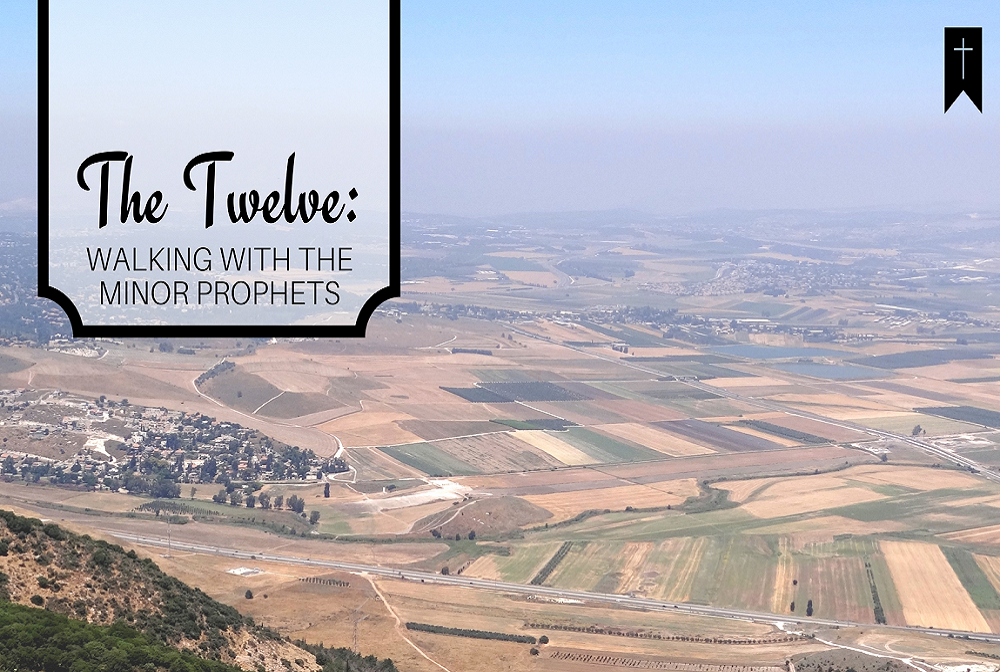Jonah
Series: The Twelve: Walking With the Minor Prophets Topic: Ministry, Gospel Scripture: Jonah 1–4
Jonah probably the worst and most successful missionary of all time. He was the worst because he literally ran the opposite direction because he despised and hated those he was called to minister unto. In many ways, we can think about Jonah as the “racist prophet,” because he didn’t believe the people of Ninevah (the capital of Assyria) were worthy of salvation. Hosea had already prophesied that Assyria would be the instrument of God’s judgment on Israel – is it any wonder that Jonah wanted to see them destroyed. At the same time, he was the most effective missionary in the Bible. He preached, and the entire city fell to their knees in repentance.
Whenever people hear about Jonah, the first thing they think about is “the whale incident.” Instead of obeying God’s call to go to Ninevah, he got onto a ship to Tarshish, a port city in Spain near the Straight of Gibraltar that was literally considered the end of the world. He tried to get as far away as possible. A violent storm arose and his fellow passengers discovered Jonah’s intentions to flee from God, he was thrown into the sea as a sacrifice to appease the LORD. But instead of drowning in the storm, God rescued Jonah by sending a “great fish” to swallow him and later spit him out onto dry ground.
After such a demonstration of God’s sovereignty and his rescuing-mercy, how could Jonah refuse his calling any longer? Though he still wasn’t happy about the mission, he went to Ninevah and called for the people to repent before God would judge them. Shockingly, the entire city believed his message and repented, even the king! Rather than taking delight in Ninevah’s repentance and salvation, Jonah sulks. He complains to the LORD who strongly rebukes him for his selfishness and hard-heartedness.
A few important themes emerge from the book of Jonah. First, God’s plan always succeeds, even when we try to break it. When we run from God’s calling, we lose. Second, God’s love overcomes our perceptions of ethnic superiority – no one can look at another person and believe, “God loves people like me more than he loves people like that.” It’s significant that Peter received his vision of God’s salvation for the Gentiles while in the same city from which Jonah sailed for Tarshish (Acts 10). Third, the Jesus uses Jonah’s life and message to describe his own mission: as one who was swallowed up by the grave and sent to preach repentance to a sinful people who need to be rescued from the judgment of God (Matthew 12:38-41).
The life and message of Jonah reminds us that the love of God is greater than any of us dare to imagine. God overcame Jonah’s reluctance and brought about the salvation of Ninevah, and Jesus conquered the grave to secure salvation for Jews and Gentiles alike. God’s love is for all people, everywhere. So when he calls you to something crazy or risky or totally unexpected, don’t be surprised.
other sermons in this series
Jun 24
2018
Malachi
Scripture: Malachi 1–4, 1 John 2:2 Series: The Twelve: Walking With the Minor Prophets
Jun 17
2018
Zechariah
Preacher: Pastor Pete Hoglund Scripture: Zechariah 1–14 Series: The Twelve: Walking With the Minor Prophets
Jun 10
2018
Haggai
Preacher: Pastor Pete Hoglund Scripture: Haggai 1–2 Series: The Twelve: Walking With the Minor Prophets
